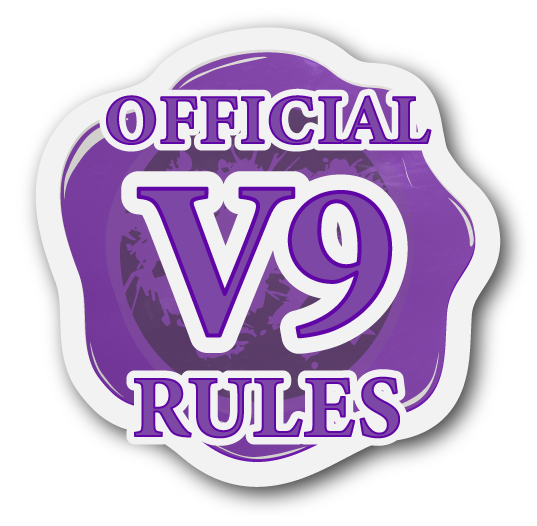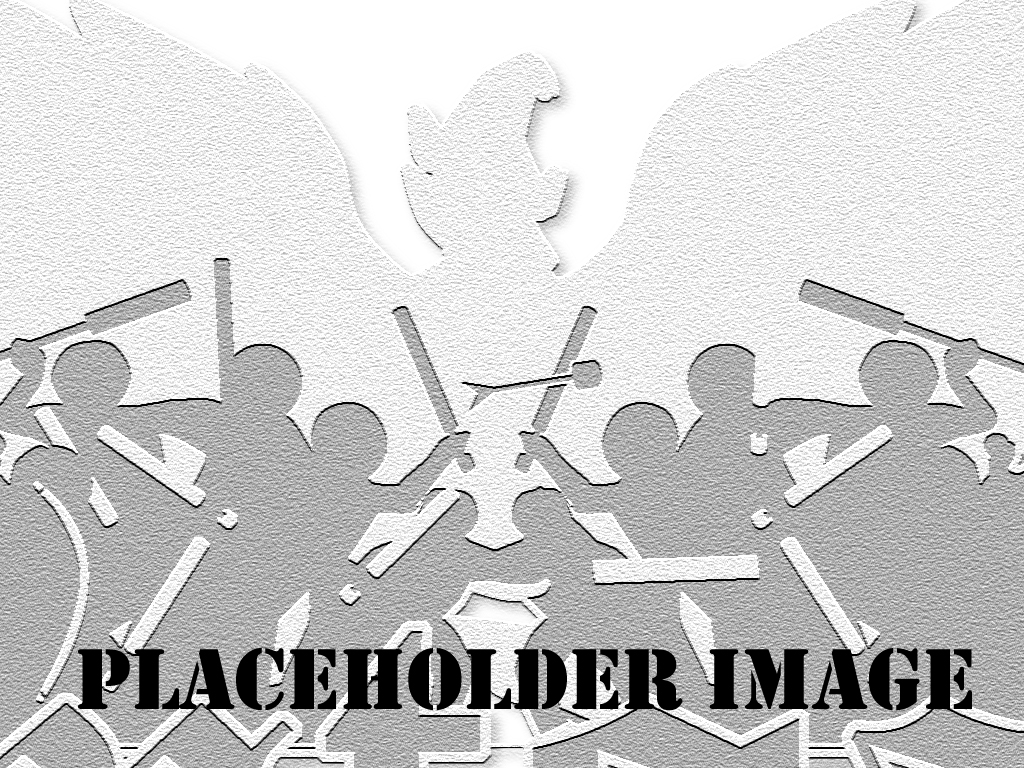Difference between revisions of "V9: Reeve"
m (Wunjo 3rd pass) |
m |
||
| Line 8: | Line 8: | ||
Reeves have the power to resolve rules-related issues in the [[V9: Combat Activities|activities]] they are overseeing. If a snap decision is required, Reeves will do their best in the moment to make the call they believe is correct and consult the [[V9: Full Rulebook|rulebook]] afterwards to confirm the ruling if necessary. Like any sporting activity, Reeves will [[V9: Honor System|occasionally make incorrect calls]]. These should be played as called in the moment out of respect for the position. Do not argue with the Reeve. If a Reeve demonstrates repeated or egregious mistakes, you can report it to a higher-ranked Authority and it may result in that Reeve losing their authority and status as a Reeve. | Reeves have the power to resolve rules-related issues in the [[V9: Combat Activities|activities]] they are overseeing. If a snap decision is required, Reeves will do their best in the moment to make the call they believe is correct and consult the [[V9: Full Rulebook|rulebook]] afterwards to confirm the ruling if necessary. Like any sporting activity, Reeves will [[V9: Honor System|occasionally make incorrect calls]]. These should be played as called in the moment out of respect for the position. Do not argue with the Reeve. If a Reeve demonstrates repeated or egregious mistakes, you can report it to a higher-ranked Authority and it may result in that Reeve losing their authority and status as a Reeve. | ||
| − | Reeves also have the power to alter the state of the game as needed to enforce the rules and resolve issues. For example, they can inflict or remove [[V9: Effects|effects]], [[V9: States|states]], [[V9: Wounds|wounds]], [[V9: | + | Reeves also have the power to alter the state of the game as needed to enforce the rules and resolve issues. For example, they can inflict or remove [[V9: Effects|effects]], [[V9: States|states]], [[V9: Wounds|wounds]], [[V9: Frequency|ability uses]], and even [[V9: Death|death]]; they can increase or reduce a [[V9: Death Count|death count]] or effect timer; they can add or remove players from the game, change the [[V9: Teams|teams]], and so on. Reeves abusing this power should be reported to the authority in charge of all Reeves, typically this is an [[V9: Officers|officer]] position known as the Guildmaster of Reeves. |
As a rule of thumb, whenever there is a rule or safety issue, on-field Reeves should be notified first as they will be best equipped to resolve the situation promptly in the moment. | As a rule of thumb, whenever there is a rule or safety issue, on-field Reeves should be notified first as they will be best equipped to resolve the situation promptly in the moment. | ||
Latest revision as of 05:11, 20 November 2023
- The Amtwiki is the official home and primary source for Amtgard V9 Rules as of February 25, 2023.
- These rules are currently in Open Alpha Playtest. See the Playtest Disclaimer for more details.
- To learn more about Amtgard V9 Development, please visit Amtgard.com.
- To view the current Amtgard V8 ruleset, please see the Amtgard V8 Rulebook.
Reeve
The most common rules authority is the Reeve. They are Amtgard's version of the modern Referee. You can identify a reeve by their vertical, black-and-white stripes (ala modern Referees), or straight, black-and-white checkerboard patterns. This will be displayed on a sash, a tabard, a banner, or a staff.
The responsibility of a Reeve is to oversee the execution of game rules and facilitate a safe and honorable space to maximize the enjoyment of the game’s participants. This may require the Reeve to make calls that are unpopular with some individuals in order to allow the game to proceed smoothly. Reeves must remain fair and impartial in all of their calls, and apply the rules objectively, regardless of individual feelings on the subject.
Reeves have the power to resolve rules-related issues in the activities they are overseeing. If a snap decision is required, Reeves will do their best in the moment to make the call they believe is correct and consult the rulebook afterwards to confirm the ruling if necessary. Like any sporting activity, Reeves will occasionally make incorrect calls. These should be played as called in the moment out of respect for the position. Do not argue with the Reeve. If a Reeve demonstrates repeated or egregious mistakes, you can report it to a higher-ranked Authority and it may result in that Reeve losing their authority and status as a Reeve.
Reeves also have the power to alter the state of the game as needed to enforce the rules and resolve issues. For example, they can inflict or remove effects, states, wounds, ability uses, and even death; they can increase or reduce a death count or effect timer; they can add or remove players from the game, change the teams, and so on. Reeves abusing this power should be reported to the authority in charge of all Reeves, typically this is an officer position known as the Guildmaster of Reeves.
As a rule of thumb, whenever there is a rule or safety issue, on-field Reeves should be notified first as they will be best equipped to resolve the situation promptly in the moment.
How are Reeves Appointed?
Anyone can volunteer to help reeve Amtgard activities in the same way that anyone can volunteer to help referee a pick-up game of soccer. Similarly, the quality of Reeve will largely depend on the personal knowledge and experience of the player assuming that role.
For this reason, Kingdoms will often produce Reeve Tests which serve to assess the skill of potential Reeves. Due to the variety of mechanics and game modes, it is encouraged to assess the following skills independently as some aspiring Reeves may excel in one area over another.
- Basic Game Knowledge: Tests essential game knowledge which may include core concepts from the entire rulebook.
- Equipment Inspection Knowledge: Tests key concepts and required knowledge for Equipment Inspection.
- Tournament Knowledge: Tests Dueling and Tournament knowledge; the ability to reeve fast-paced 1-on-1 combat as well as the necessary traits required to officiate competitive, high-stakes bouts.
- Battlegame Knowledge: Tests the wide breadth of full-class battlegame knowledge as well as the ability to oversee team-based activities and the many different personalities, player types, and skill levels involved.
- Roleplay Knowledge: Tests roleplay knowledge and the unique skills required to moderate and support the more open and often improvised nature of these activities.
Rules Authorities Reeve · Head Reeve · Game Organizer · Equipment Inspector · Kingdom-Appointed Authorities · Best Practices · Discussing Rules During Live Gameplay

